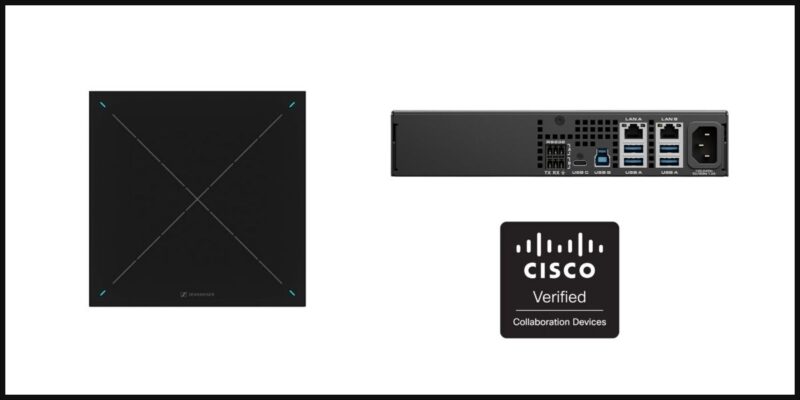What You Need to Know About the Changing IT Landscape
Bob Snyder
 Editor, rAVe Europe
Editor, rAVe Europe
In a global recession, what do the cash rich companies do? They go shopping!
IT companies are looking for acquisitions, as organic growth is difficult given the poor economy. And valuations are very cheap now.
That’s why IBM ($13 billion in cash) is buying Sun for $6.5 Billion. IBM wants to become a one-stop shop for all IT related offerings, whether hardware, software services or solutions.
IBM is the world’s largest maker of servers (IDC, Q4 2008) with a market share of 36.3 percent. HP came next with 29.0 percent, Dell 10.6 percent, Sun 9.3 percent and Fujitsu (now without Siemens) 4.2 percent. The top five server vendors all posted declines in Q4 server revenue, hurt by cuts in corporate spending.
This deal may be about servers, but the timing’s about Cisco.
Cisco just announced its first entry into servers, and they’re joining the server business with an Armada of other IT vendors under the heading of “Unified Computing” that brings in an alliance of VMware (leader in software that helps companies get more from the hardware they have), Microsoft, BMC, Intel and storage maker EMC. Because Cisco is sitting on $30 billion in cash, its next step after its entry into servers could have been…buying Sun! So IBM has blocked this move by taking Sun off the table.
Cisco’s entry into the server market will trigger a wave of mergers and acquisitions in IT. It is only the first volley in another battle in the 30 Years War to control the network, the same network that owns the endpoint pipes that carry audio/video data to its destination.
Implications for the AV-over-IP business are rampant: First, we depend upon what happens in the network. You can try to be a server-agnostic but remember the server is just the vehicle not the destination. All these IT giants are battling to be the Wal-Mart, the one-stop shop for IT.
Then, consider that Cisco has moved heavily in video conferencing and digital signage…Cisco likes growth-by-acquisition and may add a few AV companies to its agenda. Then IBM will counter…And HP will counter that…
Something to consider?





